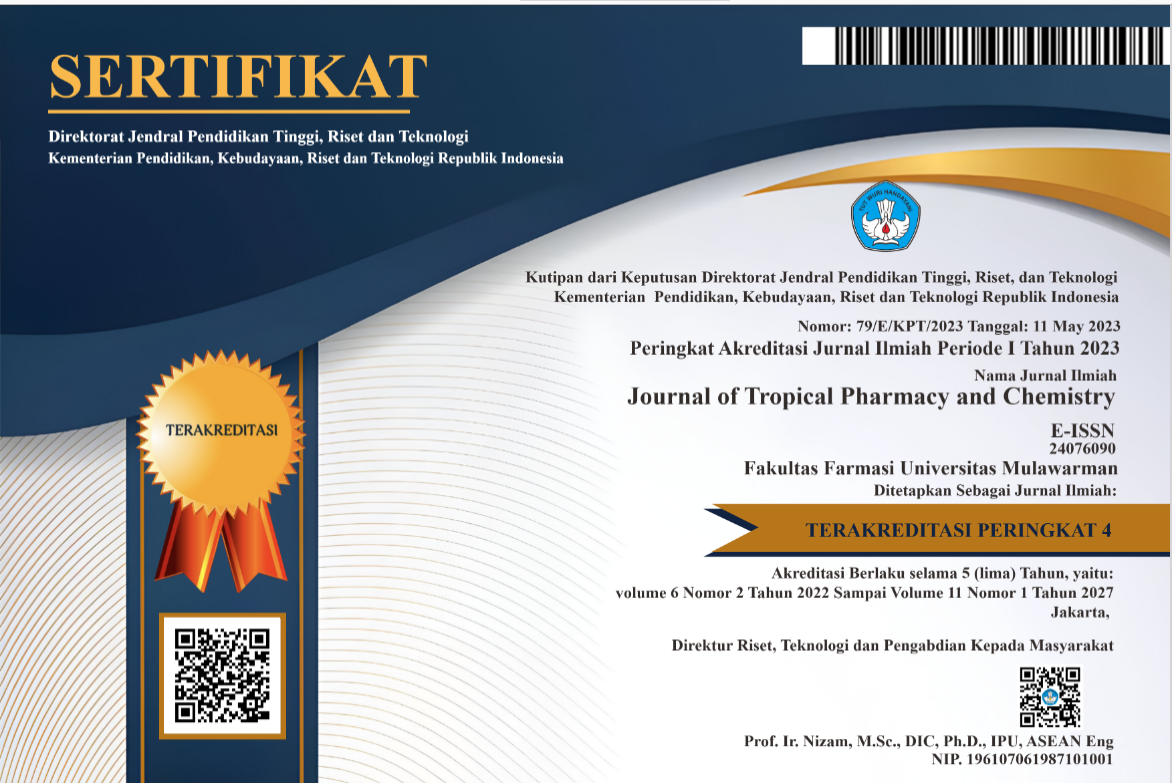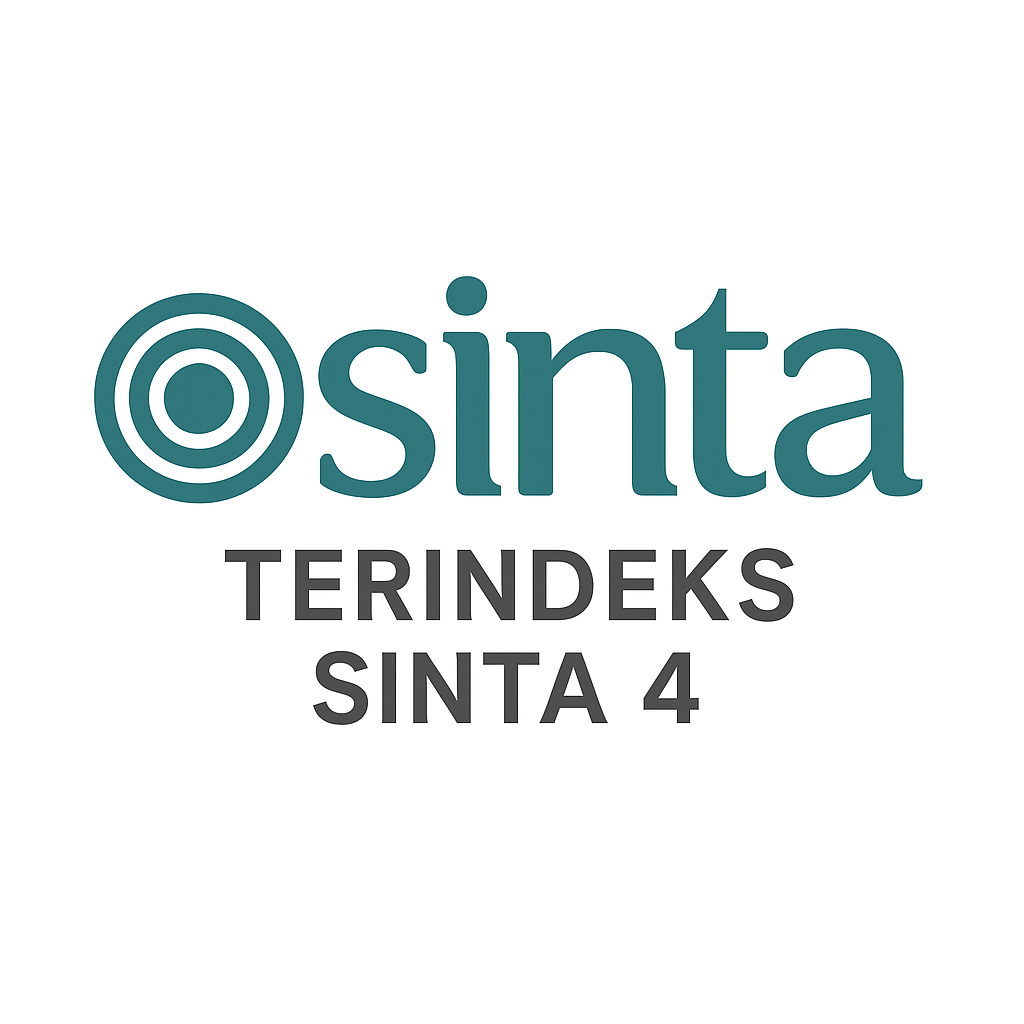Analisis Kuantitatif Neodimium, Praseodimium, Cerium, dan Lantanum dalam Monasit dengan KCKT Pertukaran Ion
Keywords:
Neodymium, Praseodymium, Cerium, Lanthanum, Monasit, HPLCAbstract
Neodymium, Praseodymium, Cerium, and Lanthanum are rare earth elements with considerably high concentration in monazite and xenotime. Samples used in this research are monazite sands from PT Timah Bangka and obtained from Dowa Mining product. The determination and separation of these rare earth elements carried out with ion exchange HPLC method using ion exchanger column Supelcosil LC-SCX with column length 25 cm, diameter 4.6 mm and particle size 5 mm, and using conductometer detector of Waters 432 type. The optimum condition for these rare earth elements were: using ethylendiamin solution of 1.50 mM, and tatrate acid 2.00 mM as moving phase and complexing agent at pH 4.5 with flow rate 0.8 mL per minute and sample volume 10 mL. Research results showed that ion exchange HPLC method can be used to separate and to determinate the concentration of Neodymium, Praseodymium, Cerium, and Lanthanum. Chromatograms obtained of these four of rare earth elements were well separated. This was showed from their resolutions (R) which range from 2 to 4 at concentration 100 ppm for Neodymium, Praseodymium, Cerium, and Lanthanum with retention time 9.66, 10.87, 13.42, 16.29 minutes respectively. The concentration of Neodymium, praseodymium, cerium, and lanthanum in monazite (w/w) were 4.580±0.003, 7.860±0.002, 4.200±0.003, 4.160±0.005% respectively.
Downloads
References
Cochrane, R.A. 1996,Determination of Trace Metal in Solution by Ion Chromatography. Trace Metal Removal from Aqueuos Solution.Proceding of Symposium of the Annual Chemical Congress. The Industrial Division of the Royal Society of Chemistry; London. 197-219
Cotton, F.A.; Wilkinson, G.S.; & Gaw, P.L. 1995, Basic Inorganic Chemistry; New York: John and Willey Sons.
Framudia, S. 2004, Pemisahan Serium Hasil Olah Pasir Senotim Secara Kromatografi Penukar Kation Lemah; Jatinangor, Skripsi, FMIPA UNPAD.
Garcia, R.V.; Hidricka, A.; Petruka, J.; & Havel, J. 2001,Separtion of Rare Earth Elements by High Performance Liquid Chromatography Using A Covalent Modified Silica Gel Column. Anal. Chem. Act. 439: 247-253.
Haddad, P.R.; & Peter, E.J. 1987,Ion Chromatography. Principles and Application;Netherland: Elsevier Science Publisher.
Haddad, P.R.; & Jackson, P.E. 1990,Ion Chromatography. J. Chromatogr Lib.46, 15 – 200; New York: Elsevier Science Pub.
Shuai, Q.; Qin, Y.; Hu, B.; & Xiong, H. 2000,Determination of Rare Earth Impurities in High Purity La-Oxide Using Electrothermal Vaporization/ICP-AES after HPLC Separation.J. Anal.Sci 16.
Snyaer, L. R.; Glojeh, J. L.; & Kirland, J. J. 2003,Practical HPLC Method Development. Second edition; New York: John Willey and Sons Inc.




